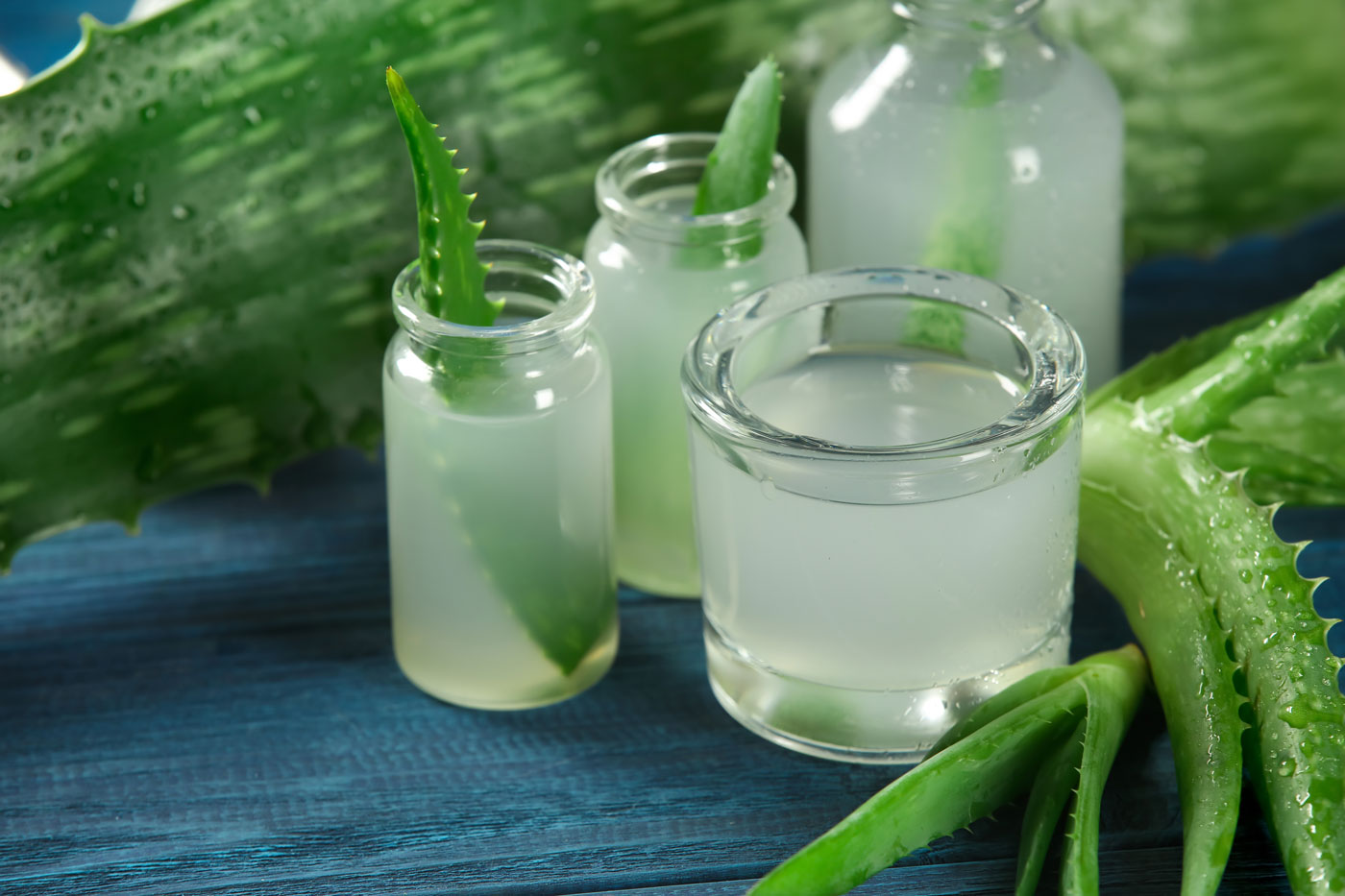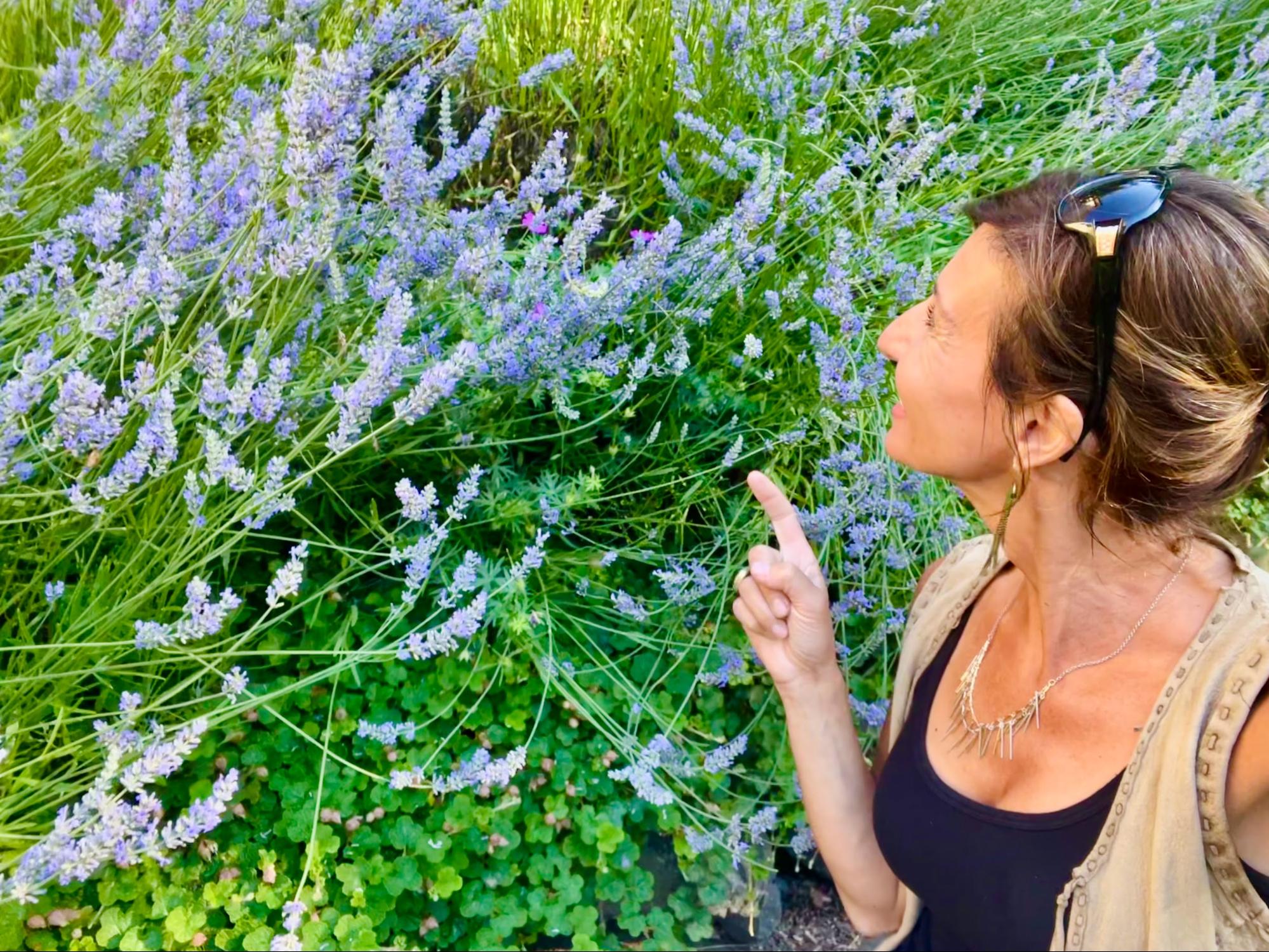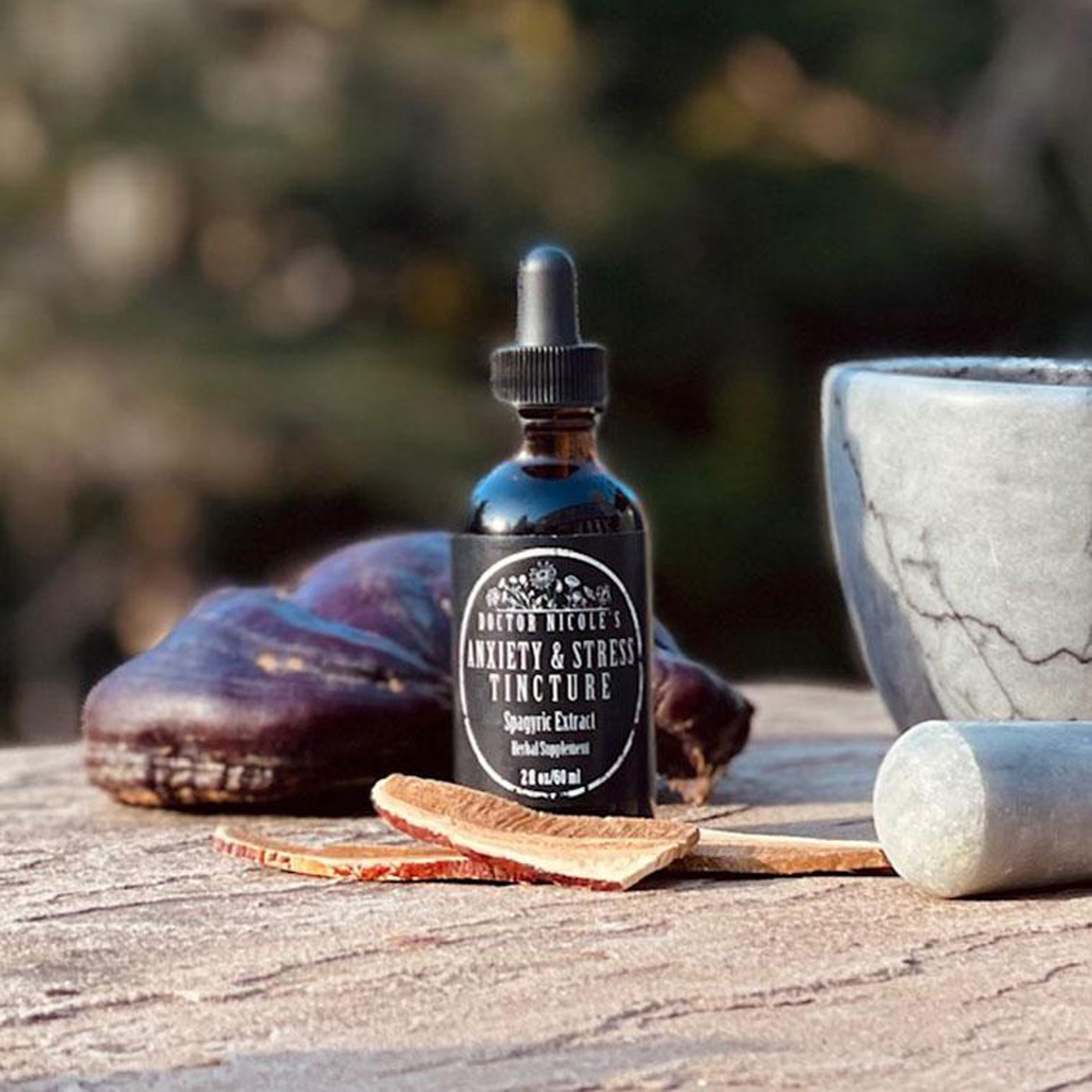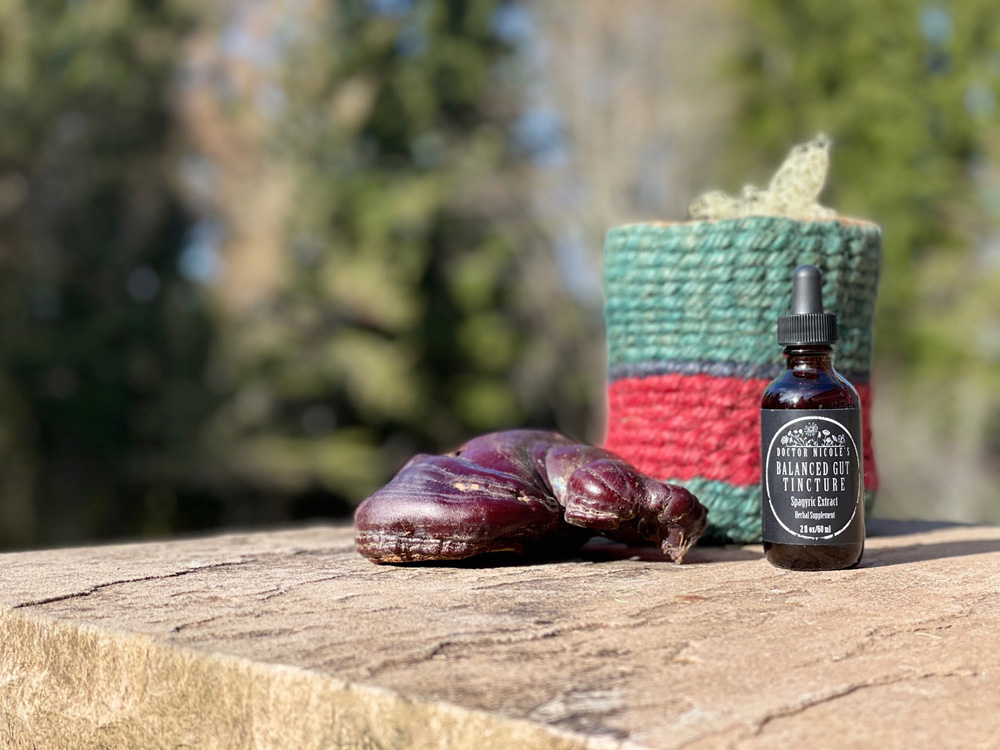What is Diverticulitis?
Often called “the disease of modern man”, diverticulitis is a condition that gives rise to severe abdominal pain, typically on the lower left side. It is caused when the pouches along your digestive tract become infected and inflamed. While there is not a hard and fast reason as to why it develops, the disease is believed to be triggered when feces block the opening of the pouch. If left untreated, it can have serious health consequences. Diverticulosis is where the pouches form, but there isn’t an infection present. And diverticular disease refers to when a patient experiences the full range of symptoms once the pouches develop. Since diet and lifestyle play a large role in the development of diverticulosis, diverticulitis, and diverticular disease, we will explore ways to side step these conditions and minimize symptoms if they do arise. Let’s get started!

Risk Factors & Symptoms
Even though we do not know exactly what causes diverticulosis and diverticulitis, several factors are associated with increased risk. These include:
- Aging
- Genetics
- Lowered immunity
- Obesity
- Smoking
- Sedentary lifestyle
- Shifts in the gut microbiome
- Some medications, such as steroids
- A diet high in processed foods, fat from dairy, and red meat
Symptoms can include rectal bleeding, severe pain, nausea, vomiting, constipation, gas, diarrhea, bloating, fever, and cramping. It is crucial to consult with your physician if you experience these symptoms to rule out appendicitis as both conditions share similar characteristics. You also do not want to let diverticulitis remain untreated as this too has serious health consequences, such as infection of the lining of your abdomen, abscess, intestinal obstruction, and tearing of the colon.
Diverticulosis is relatively rare in those under the age of 30 — about 1-2 percent of the population. However, once you reach age 60 and above, your risk jumps to 40 percent. Around 10-25 percent of these patients continue to develop diverticulitis. Age and gender matter in how the disease progresses. Women tend to develop the condition after the age of 50, whereas men are more prone to develop diverticulitis before the age of 50.1

Natural Treatments
Depending on the severity and whether the diverticulitis is uncomplicated or complicated, your physician will most likely recommend a course of antibiotics, fiber, plenty of rest, and pain management. Approximately 15-20% of patients with acute diverticulitis will require surgery.
To reduce your risk of diverticulitis and to minimize flares and complications, lifestyle and diet are exceptionally important. You have most likely heard that reducing stress is good for you. But did you know it also directly impacts gut health? When you are stressed, it triggers a cascade of inflammatory hormones such as histamine and cortisol in the gut. In addition to causing inflammation, it also lowers your immunity — both of which contribute to diverticulitis flares.
In light of this, it is crucial to take steps to minimize stress, literally. Going for a walk, spending time in nature, stretching, breathing exercises — all will help to lower your stress hormones and in turn reduce inflammation, boost immunity, and calm the symptoms of diverticulitis. You can also try lavender, chamomile, or bergamot essential oils in a diffuser to help ease the stress response. Spending time around fresh lavender is also an excellent option, which is why I grow it in abundance within my own garden.
If you are going through a particularly stressful season in your life and need a little extra help, I recommend our potent Anxiety & Stress Blend in the apothecary.
Next is the importance of diet. There is a good reason this is considered a disease of the modern era. Along with the rise of sedentary lifestyles, we also have seen our diet radically change from one of high-fiber with plenty of antioxidant-rich whole foods to one that teeming with processed food, refined sugar, and red meat. Simply put, our modern diet is extremely inflammatory with very little fiber to nourish the microbiome. Which brings us to our next point: the “good” bacteria in our gut.
When we have dysbiosis of the microbiome it slows the transit of food through the colon, which in turn increases the risk of harmful bacterial overgrowth that can lead to diverticulitis. What’s more, it can also cause leaky gut and inflammation, along with compromised immunity.2,3 To support a healthy microbiome, food is an excellent ally. See this post for specific examples of the different types of food you should include in your diet. Turkey tail medicinal mushrooms are also outstanding for feeding the beneficial bacteria in the gut — more on this down below.
Keep in mind that fiber should be introduced slowly so as not to cause upset. What about nuts, seeds, and popcorn? Contrary to advice given to diverticulitis patients in the past, these foods can actually help to address the condition when consumed at least twice a week. One study found that nuts and popcorn reduced the risk of developing diverticulitis or a diverticular hemorrhage by 20 and 27 percent, respectively.6 However, I always recommend getting an IgG test or doing an elimination diet to see if you have food reactions that could inflame and irritate the gut. Many times, food sensitivities go hand-in-hand with diverticulitis.

Supplements and Herbal Medicines
No gut healing protocol would be complete without mentioning herbal remedies. Here are my top picks for helping to cool inflammation, address harmful bacterial overgrowth and leaky gut, and reducing symptoms:
Aloe vera — An outstanding plant for healing the gut and supporting detoxification, research has shown that aloe vera helps to address both constipation and diarrhea — including in those who have diverticulitis.7 Additionally, this soothing plant also cools inflammation and inhibits harmful bacteria in the gut.8 It’s best to drink around a cup or two each day of aloe vera juice where the latex has been removed. Don’t consume more than 16 ounces a day as it can irritate the digestive tract.
Apple cider vinegar — High in acetic acid, apple cider vinegar is an excellent antimicrobial agent for helping to curb the overgrowth of harmful bacteria in the colon.4 It is also helpful for improving the transit time of fecal matter so that it moves through more quickly, thereby lessening bacterial overgrowth and the risk of developing diverticulitis.5
Bone broth — A traditional remedy to help heal the gut lining, bone broth is an excellent option for diverticulitis as it soothes irritated tissue and addresses leaky gut.9
Lastly, our Balanced Gut Blend is formulated with anti-inflammatory, soothing herbs that help to heal the gut. Concentrated extracts of reishi, turkey tail, and lion’s mane medicinal mushrooms, along with plantain, slippery elm, and marshmallow address inflammation and leaky gut, while providing important prebiotics for supporting a healthy microbiome. It is one of the best remedies you can use to prevent and treat diverticulitis. Ready to learn more? Visit the apothecary today!
Nicole Apelian
Nicole’s Apothecary Products in this Post
References
- Wheat, C. L., & Strate, L. L. (2016). Trends in Hospitalization for Diverticulitis and Diverticular Bleeding in the United States From 2000 to 2010. Clinical gastroenterology and hepatology : the official clinical practice journal of the American Gastroenterological Association, 14(1), 96–103.e1. https://doi.org/10.1016/j.cgh.2015.03.030
- Samara, J., Moossavi, S., Alshaikh, B., Ortega, V. A., Pettersen, V. K., Ferdous, T., Hoops, S. L., Soraisham, A., Vayalumkal, J., Dersch-Mills, D., Gerber, J. S., Mukhopadhyay, S., Puopolo, K., Tompkins, T. A., Knights, D., Walter, J., Amin, H., & Arrieta, M. C. (2022). Supplementation with a probiotic mixture accelerates gut microbiome maturation and reduces intestinal inflammation in extremely preterm infants. Cell host & microbe, 30(5), 696–711.e5. https://doi.org/10.1016/j.chom.2022.04.005
- Shimizu, K., Ojima, M., & Ogura, H. (2021). Gut Microbiota and Probiotics/Synbiotics for Modulation of Immunity in Critically Ill Patients. Nutrients, 13(7), 2439. https://doi.org/10.3390/nu13072439
- Cortesia, C., Vilchèze, C., Bernut, A., Contreras, W., Gómez, K., de Waard, J., Jacobs, W. R., Jr, Kremer, L., & Takiff, H. (2014). Acetic Acid, the active component of vinegar, is an effective tuberculocidal disinfectant. mBio, 5(2), e00013–e14. https://doi.org/10.1128/mBio.00013-14
- Eleni I Petsiou and others, Effect and mechanisms of action of vinegar on glucose metabolism, lipid profile, and body weight, Nutrition Reviews, Volume 72, Issue 10, 1 October 2014, Pages 651–661, https://doi.org/10.1111/nure.12125
- Strate, L. L., Liu, Y. L., Syngal, S., Aldoori, W. H., & Giovannucci, E. L. (2008). Nut, corn, and popcorn consumption and the incidence of diverticular disease. JAMA, 300(8), 907–914. https://doi.org/10.1001/jama.300.8.907
- International Journal of Clinical Practice, 02 Jun 2006, 60(9):1080-1086
DOI: 10.1111/j.1742-1241.2006.00980.x PMID: 16749917 - Maphosa, V., & Masika, P. J. (2012). In vivo validation of Aloe ferox (Mill). Elephantorrhiza elephantina Bruch. Skeels. and Leonotis leonurus (L) R. BR as potential anthelminthics and antiprotozoals against mixed infections of gastrointestinal nematodes in goats. Parasitology research, 110(1), 103–108. https://doi.org/10.1007/s00436-011-2455-8
- Mar-Solís, L. M., Soto-Domínguez, A., Rodríguez-Tovar, L. E., Rodríguez-Rocha, H., García-García, A., Aguirre-Arzola, V. E., Zamora-Ávila, D. E., Garza-Arredondo, A. J., & Castillo-Velázquez, U. (2021). Analysis of the Anti-Inflammatory Capacity of Bone Broth in a Murine Model of Ulcerative Colitis. Medicina (Kaunas, Lithuania), 57(11), 1138. https://doi.org/10.3390/medicina57111138







